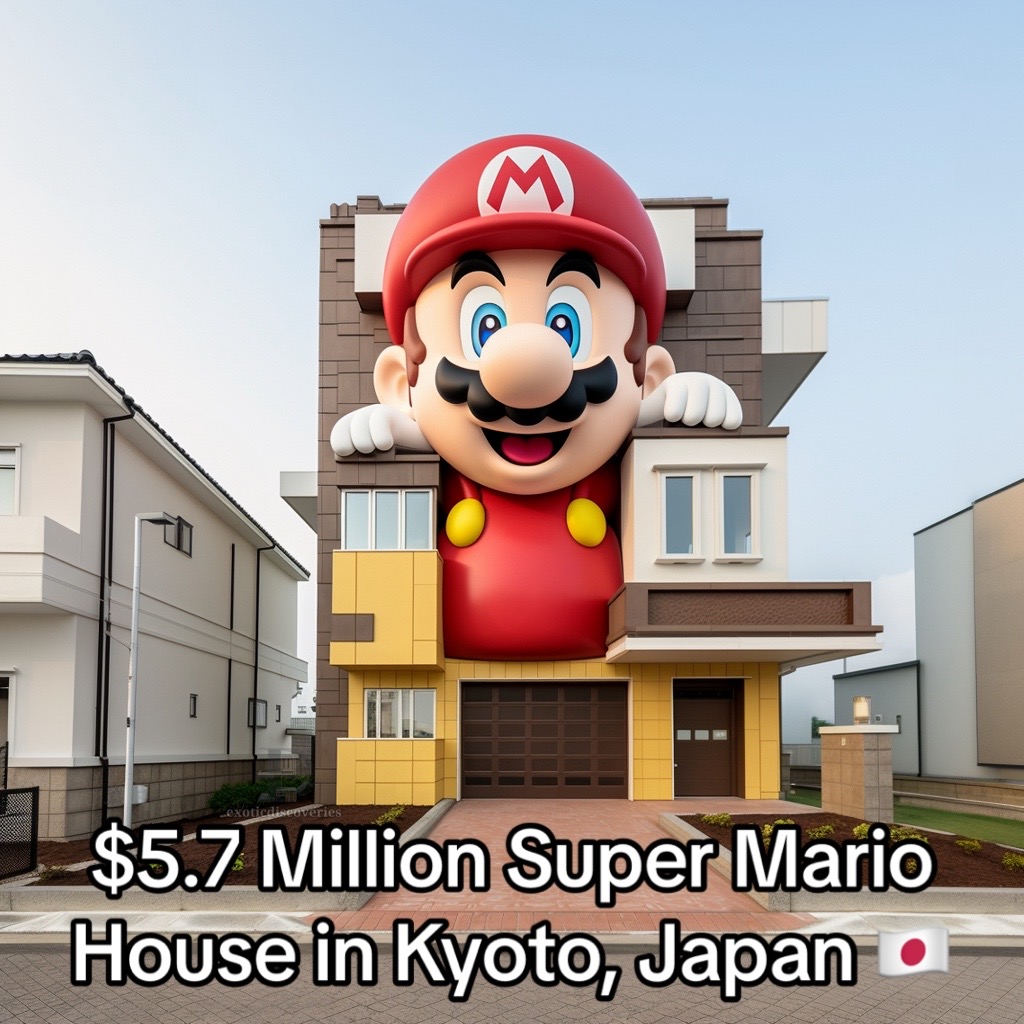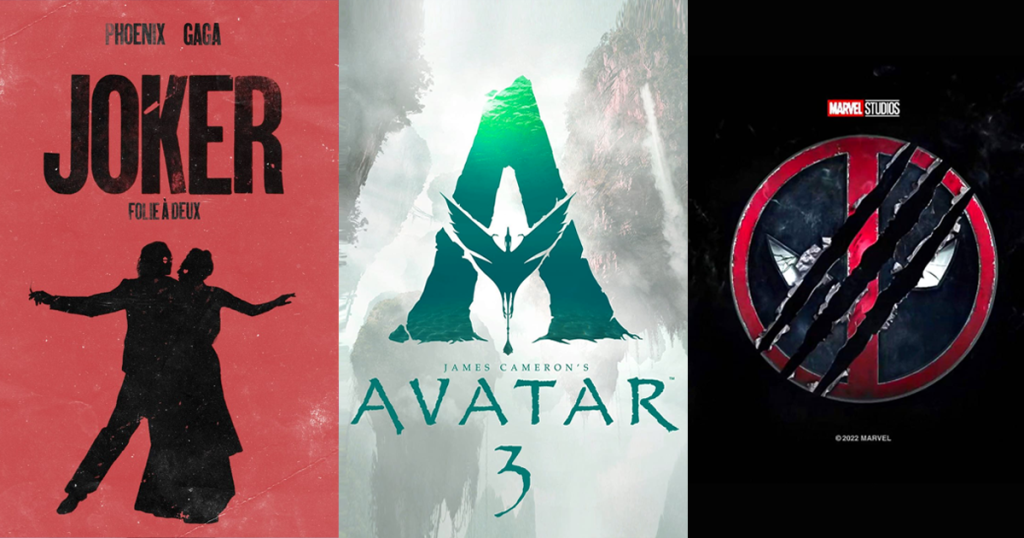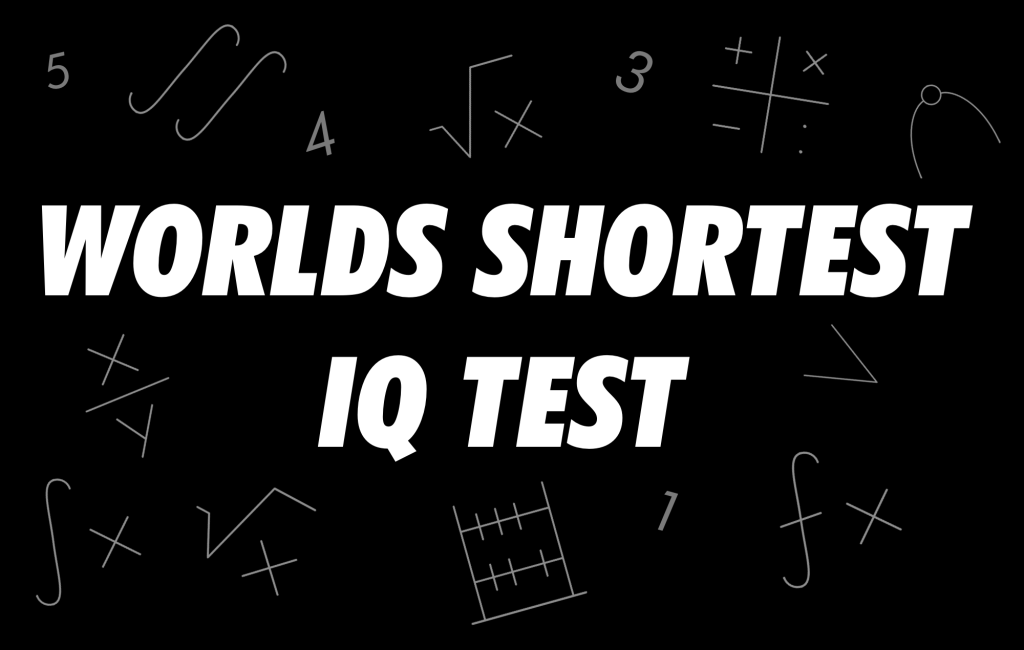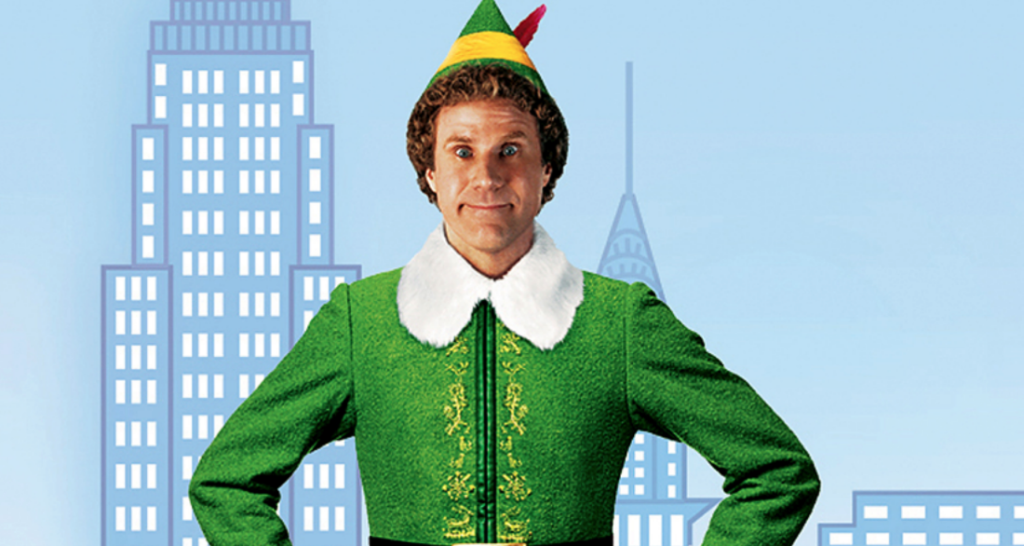Online activism or “slacktivism” – i.e. the action of sharing a campaign, changing your profile picture or posting support for a cause – has a terrible reputation but it actually works.
Scandals like QAnon and Cambridge Analytica connected to the ultra-right, Black Lives Matter, #MeToo, teenagers who made a difference literally from their parent’s car, the revolution in Egypt and the farmers’ crisis in India are just a few examples of online activism that has worked – for good or evil.
The power of online demonstrations is such, that many governments cut off the internet to try and control protesters. In 2019 in India, Egypt and Iran, internet access was cut off during demonstrations, there is no shortage of examples.
Research by the University of North Carolina has found evidence of slacktivism’s efficacy. Deen Freelon, who co-performed the research, has said that criticism of clicktivism is based on two incorrect assumptions, “One of the biggest misconceptions is that it doesn’t do anything, the second is that it somehow displaces or replaces offline activism. We know that both of these are not true.”
Each advantage of online activism, however, comes with its correspondent and equally strong disadvantage, therefore, it is important to be aware of your privacy settings and to check your sources before sharing anything (anything) online.
Prepare your lateral reading strategy and your favourite fact-checking website to delve into the 10 reasons why online activism works
1. It’s quick and effective
To engage in online activism, you only need two tools: a working laptop with internet plus the ability to write words in any language.
A hashtag like #BlackLivesMatter has the power to summarise a complex and nuanced message that can spread like fire through your networks and eventually spill into real-life policies.
An Instagram photo of a protest can be widely shared online and reach more people than it would offline.
Led By Donkeys (@ledbydonkeys) • Instagram photos and videos
Of course, harassment, surveillance and public pressure are possible downsides, so be aware.
2. It’s inclusive
People can connect with a diverse audience from around the world. People with disabilities or people with no money or time (or even, why not? courage) to become activists can still do it. People of colour and immigrants don’t face the same social barriers or social biases and therefore have a better chance at being heard. Youngsters who don’t have a right to vote can still be part of the democratic process through online debates.
3. It spreads ideas that would not be popular otherwise
One tweet won’t change the world, but thousands may. Clicktivism can help give a platform to people who wouldn’t normally be in the spotlight.
Climate activists like Marine biologist Carissa Cabrera, whose video of a flooding near her home reached more than 300,000 views on TikTok. Without social media, an educator like Cabrera would struggle to reach more than a couple of thousands of students in a classroom over the course of a lifetime of teaching.
Of course, it is also online that hateful communities have found solace, but it is also online that we can fight those off.
4. It helps groups get organized and act in real life
Marginalised communities find their peers online. Be it for political affiliation or for a fun dress-up party. It is often about creating a community that will serve as a foundation for real life.
For example, the research we mentioned earlier by the University of North Carolina, describes how left-wing and right-wing groups work in completely different ways.
Online activism can happen via hashtags, but it can also be about manipulating the media and spreading misinformation on purpose. In other words, if people don’t believe that the vaccine works, they will not get vaccinated and put other people’s lives at risk.
5. Black Lives Matter and #MeToo worked
Did anyone say online activism doesn’t work? Well, have a think about the following info: the number of Americans who agree that opportunities are equally good for Black and white people are at their lowest since 1963. Also, the perception of racial equality in the job market is at its lowest mark in 40 years.
Also, Harvey Weinstein and Ghislaine Maxwell are in jail plus everything that has happened to Maxwell’s fiancé, Jeffrey Epstein, are not the only accomplishments of the #metoo.
6. Online activists are more likely to be active in person
Studies have suggested that people who engage strongly with politics online also do that in real life.
People who share in-person activities like donating money to campaigns, attending political meetings or contacting public officials, are inclined to engage in those kinds of activities in person.
It is important to repeat: not everyone needs to be an activist and no one knows everything. You should pick your battles and remember that most issues are more complicated than they appear.
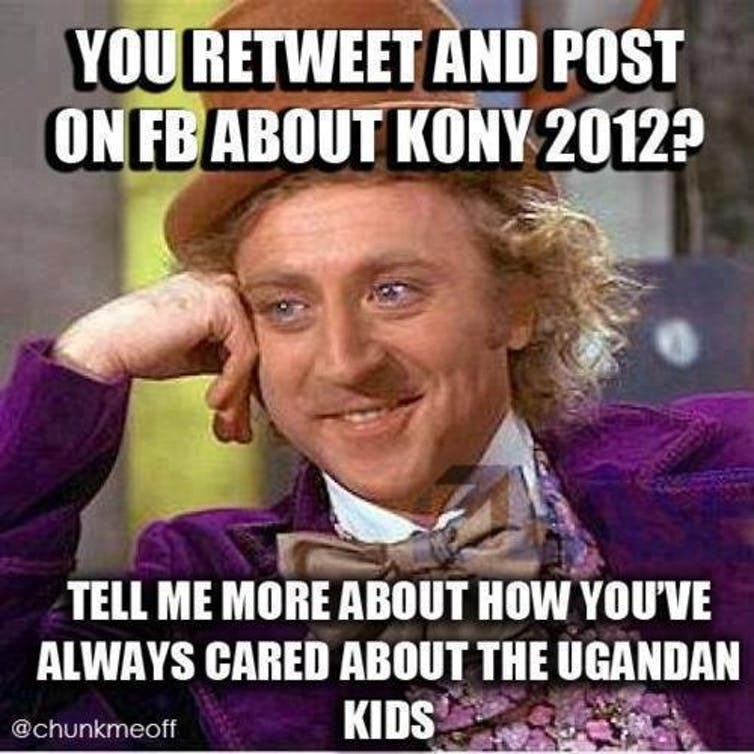
7. It broadens our vocabulary
Fake news, white guilt, colonialism, clickbait, microaggression, misogyny, identity politics, Queer and trans issues. Clicktivism has shown us a whole range of words we had never heard before and we are grateful. No one wants to be microaggressing their friends any more thanks to social media.
8. It helps contain disinformation and misinformation
Do you know the difference? Disinformation is the deliberate spread of incorrect info, whereas misinformation is just poor research.
Amazing fact-checking websites like First Draft News, Snopes, FactCheck plus Whois which helps you check who owns a website are a gift from Online Mother Nature.
You could argue that, yes, social media is creating the very problem these fact-checking websites are fighting but, well, it is a bit of a chicken and egg, really. Besides, we cannot go back, the internet exists and we are dependent on it so let’s do our best to stop bad content.
9. It’s where the party’s at so you should learn about it if you want to fight the power
Some activists hide messages in viral content, others use false images of adorable welsh sheep playing in a children’s park or go as far as to use lovely dolphins swimming through Venice canals.
We must remain vigilant: regardless of how adorable the little animals are, they could still be fake news working in favour of fascists.
By using social media in a smart way, we can become more aware of the tools used to manipulate us which makes it easier to fight misinformation and disinformation.
10. Memes
Memes are a hilariously poorly designed window to contemporary society. I think they are worth all the trouble of fake news and some more. Sharing a meme is as much a political act as voting. My dream is that one day a bad government will get overthrown by a single meme shared hundreds of millions of times.




